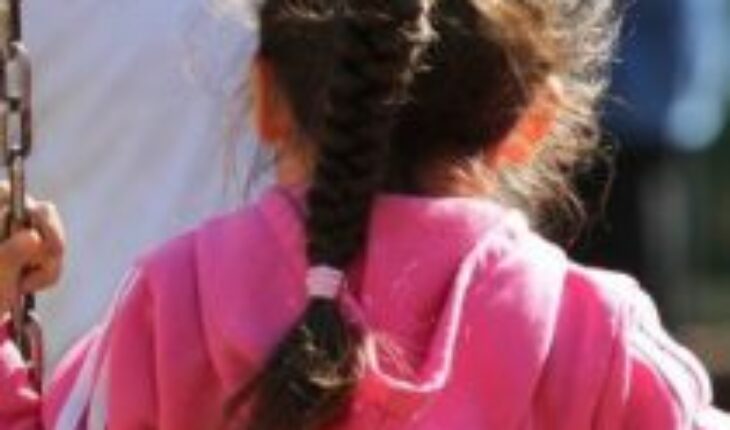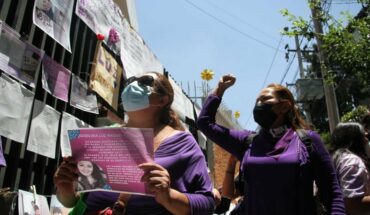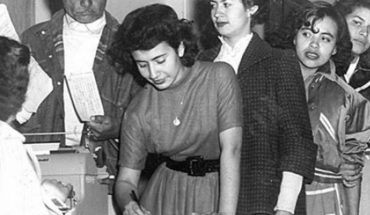In the understanding of relationships between people, which includes aspects such as influence and power, it must be recognized that at the base is usually the asymmetry in a relationship, which can be the beginning of the conditions that favor the presence of abuse. To prevent it, it is necessary to promote an appropriate education, with self-awareness, capable of assimilating differences with respect, reinforcement of self-esteem. In short, an education is needed to form free beings. Thus, the good exercise of power must be accompanied by education, training and prevention of abuse, with the adequate creation of awareness of this risk. At the UC, the “First national survey of sexual abuse and adversity in childhood in Chile” has been presented, which has been carried out by the CUIDA Center of our University, in a joint work with the Foundation for Trust.
Sexual abuse of children is a crime that affects the most innocent, vulnerable and beloved group in a society: children and young people. These crimes are outrageous, abhorrent and categorically rejected. Along with these, as a result of the crisis of confidence and in the face of the multiple cases of victims of abuse that we have known in our society, the concept of the abuse of power arises as a topic of great debate at the country level. The analysis and understanding of this scourge is critical to advancing person-centered development. On the other hand, the abuse of conscience is described and highlighted, in which the erroneous handling of the authority figure is raised.
The study we have presented is the first to detect the national prevalence of sexual abuse in childhood. Through the work done with more than two thousand adults, we have some estimates based on representative samples, so the figures that are known in this study are what the country has to know the magnitude of the problem. The results show that 18% of people have been victims of some kind of sexual abuse, an increase to 23% among women, with a majority at the age between 6-12 years, -of various characteristics and severity, with up to 5% of cases of rape-, all under eighteen years of age. This is an alarming figure that invites us to reflect deeply on the quality of life we offer our children. The sexual abuse of minors is a crime that is committed mainly in pre-puberty and in environments close to the child, by a family member (41%), forcing the silence of the victim. The offenders take advantage of the helplessness and vulnerability of the victim, who remains helpless, with enormous difficulties to tell what happened and obtain the appropriate protection. It should come as no surprise that the abuse remains silent and unpunished for years.
It is painful to see that most abuse occurs within the family or between acquaintances and close friends of the family. We all believe that the risk to our children is outside the home, but sometimes it is inside. For this reason, it is a great responsibility of parents to remain alert and attentive to these dangers. We should be aware that today we are adding new sources of risk of sexual abuse, especially with the proliferation of websites that disseminate pornography and increase the likelihood of contactless abuse. We must also draw attention to the figures of sexual abuse committed by peers, offenders who are of similar age to their victims. This form of abuse runs the risk of spreading in adolescence, in schools, but also in universities where we become increasingly aware of these risks.
Our sexual abuse alert and prevention policies have improved greatly in recent years and are a sign that we can act profitably and effectively to reduce abuse. This study confirms that sexual abuse is not an isolated event in childhood. It comes against a broader backdrop of adversities that affect our children inside and outside the family. Living in a parental environment where there is abandonment, neglect or violence seriously promotes these crimes. But also the violence that exists in the community or the lack of school attendance can produce environments that favor sexual abuse. In this way, freedom is key, it is the way in which the student, along with feeling welcomed, can develop his own personality and self-esteem.
The study shows that sexual abuse in childhood has very serious harmful consequences in adult life. Mental and physical health disorders are at the same time. They include a wide range of pathologies ranging from depression to suicidal self-harm and from sleep disorders to obesity and substance abuse. Sexual abuse is a part of all of our major public health problems: depression, obesity, and alcohol and drug abuse. The same abuse should be considered a priority in our policies aimed at achieving a better childhood in our country.
We must reiterate that freedom is the key in the educational process. It is the way in which the student, along with feeling welcomed, can develop his own personality and self-esteem. This is why training from the first years of life is crucial, which has motivated us to present this topic in a deep and rigorous way. We hope that this important academic research will gain a powerful momentum with this pioneering study and others like it that can follow it and lay the foundations for a new future of education, prevention and hope so that the abuses we have seen and described will never be repeated. A national childcare system should focus on the prevention and control of sexual abuse in children.
Follow us on
The content expressed in this opinion column is the sole responsibility of its author, and does not necessarily reflect the editorial line or position of El Mostrador.





